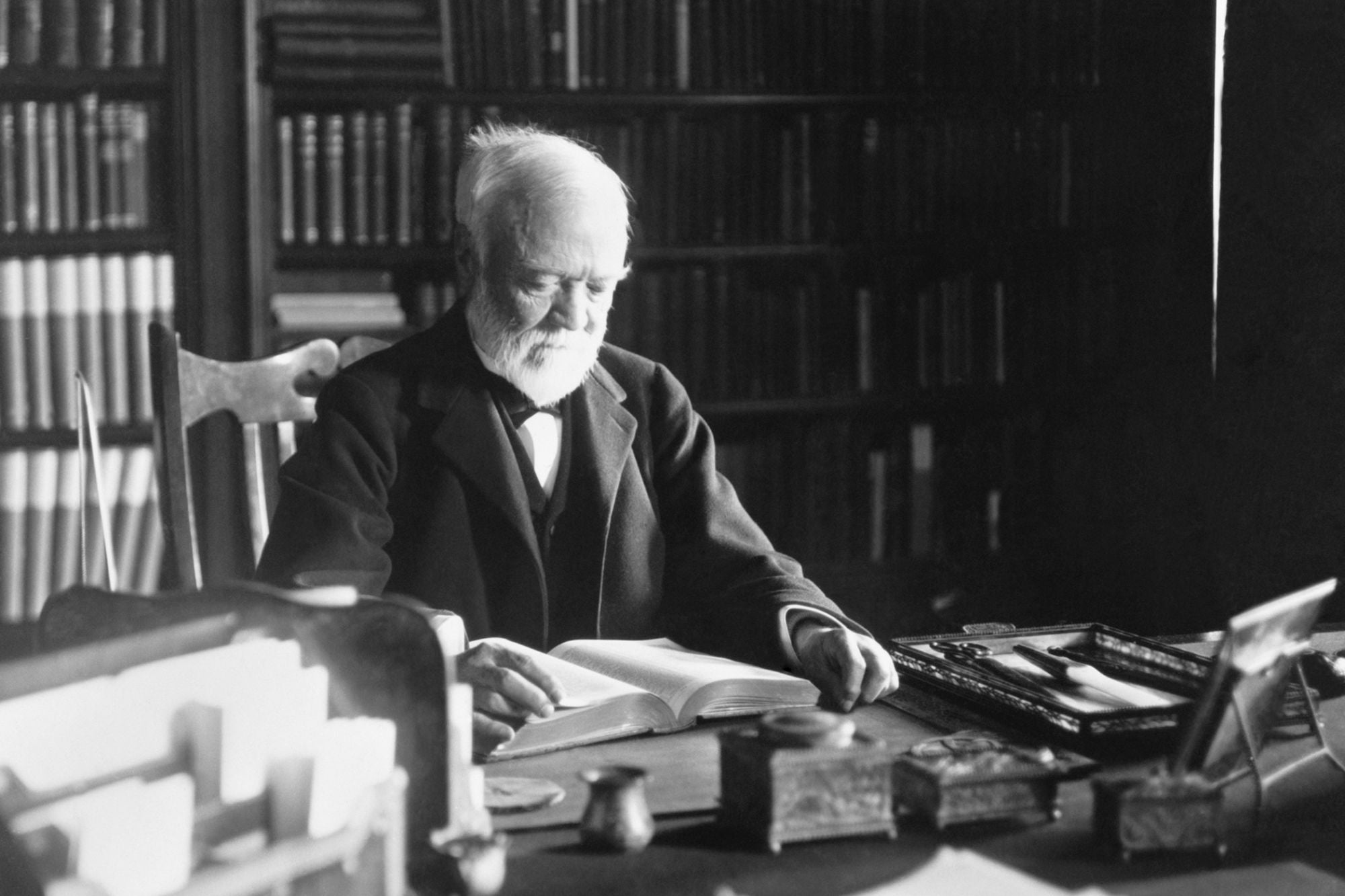Four Factors You Need To Consider To Build A Sustainable Business If you (as a business) are floundering, the chances are that you are not addressing relevant customer needs with your products and services, which can result in the potential loss of business to competitors, and missing opportunities for revenue growth.
Opinions expressed by Entrepreneur contributors are their own.
You're reading Entrepreneur Middle East, an international franchise of Entrepreneur Media.

Sustainability is not a buzzword. You need to feed it with balanced values for your business to survive. In an article in Entrepreneur in early 2017, Patrick Henry pointed out the high failure rate (75%) in "Why Some Startups Succeed (and Why Most Fail)."
So, if you (as a business) are floundering, the chances are that you are not addressing relevant customer needs with your products and services, which can result in the potential loss of business to competitors, and missing opportunities for revenue growth. Quite often, in playing the competitive game, you also end up eroding margins, and losing the balance between value created and value captured.
So, what should you consider? How do you add value?
1. Evaluate your ecosystem When we talk about a business ecosystem, it includes everyone in your team from your suppliers to your customers. At every stage, you need to understand not just what you want but what each of them wants and balance it against a sustainable business model. This process starts with validating what your customers need, the market fit for your product/service, how you are packaging and pricing them. It's always a good idea to work collaboratively with your ecosystem, rather than dictate your requirements.
2. Evaluate your business model Whether you are a small business or still at a startup stage, take another look at your business model. Begin by identifying your competition or, if you think you are unique, who could be perceived as your competition by your customers. Once you identify them, compare your USPs against them and measure the effectiveness of your marketing. Take the time to evaluate your sales processes, capabilities and execution, and validate your pricing and commercial terms.
3. Evaluate your cost of sales and general cost of doing business Once you have evaluated your business model, you then need to assess your operational processes and identify areas for improvement and cost reduction. This means you need to focus on real costs of doing business. Identify the value proposition for your customers, your suppliers, your team and yourself. Furthermore, you need to look at your products and services and identify areas for improvements. Evaluate your relationships with your suppliers and discuss with them the strategy that helps you both. These negotiations need not be just about cost but could be about payment terms, about long-term associations and partnerships, especially if your business strategy relies on these suppliers. Is it a benefit you can pass on to your customer? It could help in cases when you need to have a conversation with your customers.
4. Value proposition The final piece of the value game are the people on your team. A turnover (or a reduced team) could result in a drop in the quality of your product or service and affect the sustainability of your business. Your team is the voice and face of your company and if you face a staff turnover, then perhaps you need to evaluate your value proposition for them. Explore the reasons behind people leaving or not performing. Identify areas of unfair treatment, imbalance in payments and incentives, or perhaps it could be as simple as a lack of resources and leadership- are your people getting what they need to be successful in their jobs?
The bottom line is that it is always about the value proposition. Not just yours, but of your complete business ecosystem.













